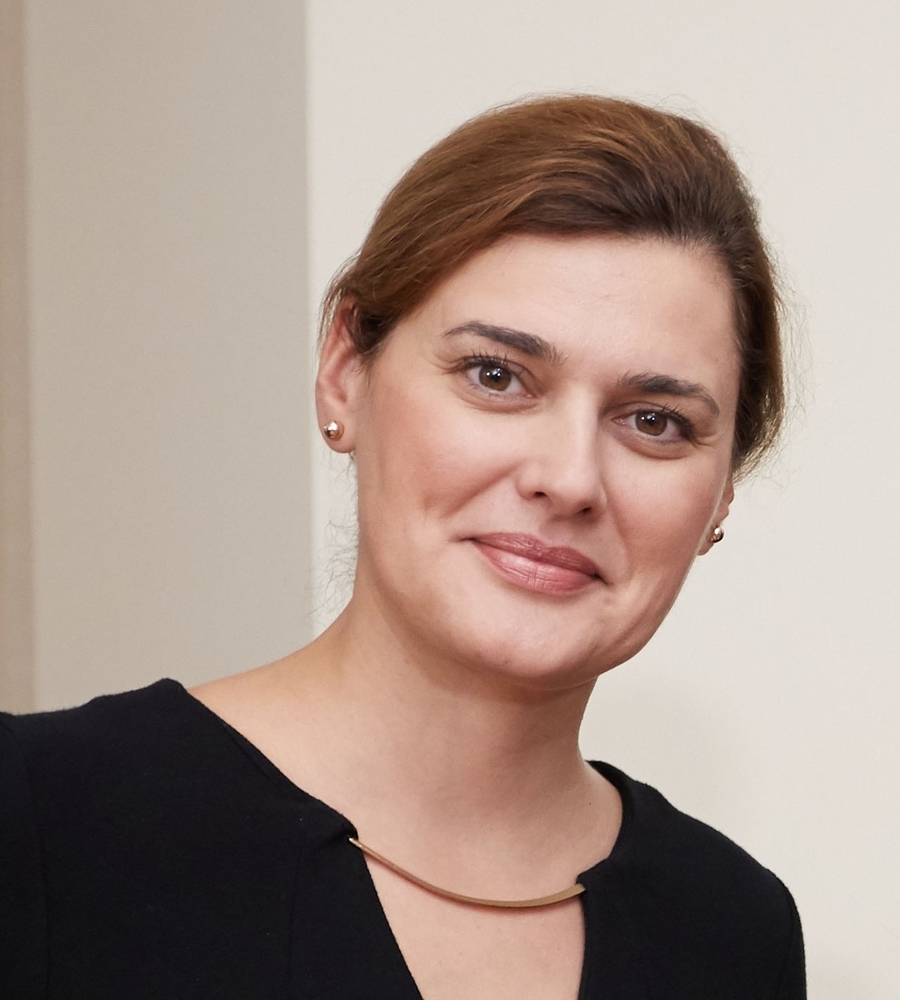site.btaBulgarian Karina Angelieva Appointed Executive Director of International Science and Technology Centre in Astana


Bulgarian Karina Angelieva has been appointed Executive Director of the International Science and Technology Centre (ISTC) in Astana, Kazakhstan, following her nomination by the European Commission. She succeeds the UK’s David Cleave, who has served in this role for the past ten years, Angelieva told BTA on Monday.
Angelieva‘s primary focus will be "not only on the image, but also on the role of the ISTC in Central Asia and Africa," particularly in preventing the proliferation of weapons of mass destruction and building capacity to address radioactive, biological, chemical, and nuclear threats. Angelieva also plans to advance ISTC’s efforts in key priorities on Europe’s agenda, including climate change, artificial intelligence, space technology, and water and soil conservation.
The ISTC was established in the early 1990s to partner in creating, facilitating, and expediting impactful world-class, peaceful multilateral science and technology collaboration aimed at making the world safer, more secure, and more sustainable.
The organization aims to contribute to solving national and global technological problems; support basic and applied research; support the transition to market-based economies; and encourage the integration of Central Asian and African scientists into the international scientific community.
The principal activity through which the ISTC meets these objectives is the management of research and development projects. Institutes across Armenia, Georgia, Kazakhstan, Kyrgyzstan, and Tajikistan coordinate project proposals with the ISTC Secretariat for review and funding. Project participants and institutes receiving ISTC funding benefit from the Center's supporting programmes such as travel grants, seminars, international conferences, and commercialization support.
Cooperation areas include biosafety and biosecurity; seismic monitoring and hazard mitigation; nuclear non-proliferation, security and safety capacity; radiological source risk mitigation; clean/renewable energy and energy efficiency; dual-use and export control; Southern Africa Nuclear Industry; water and food security; and technology integration.
/RY/
news.modal.header
news.modal.text